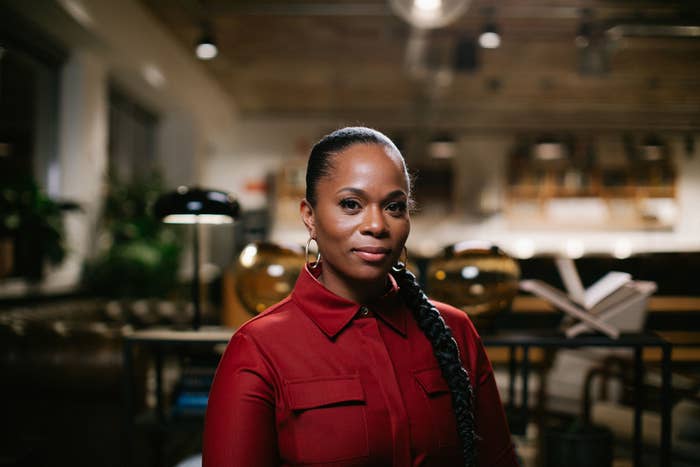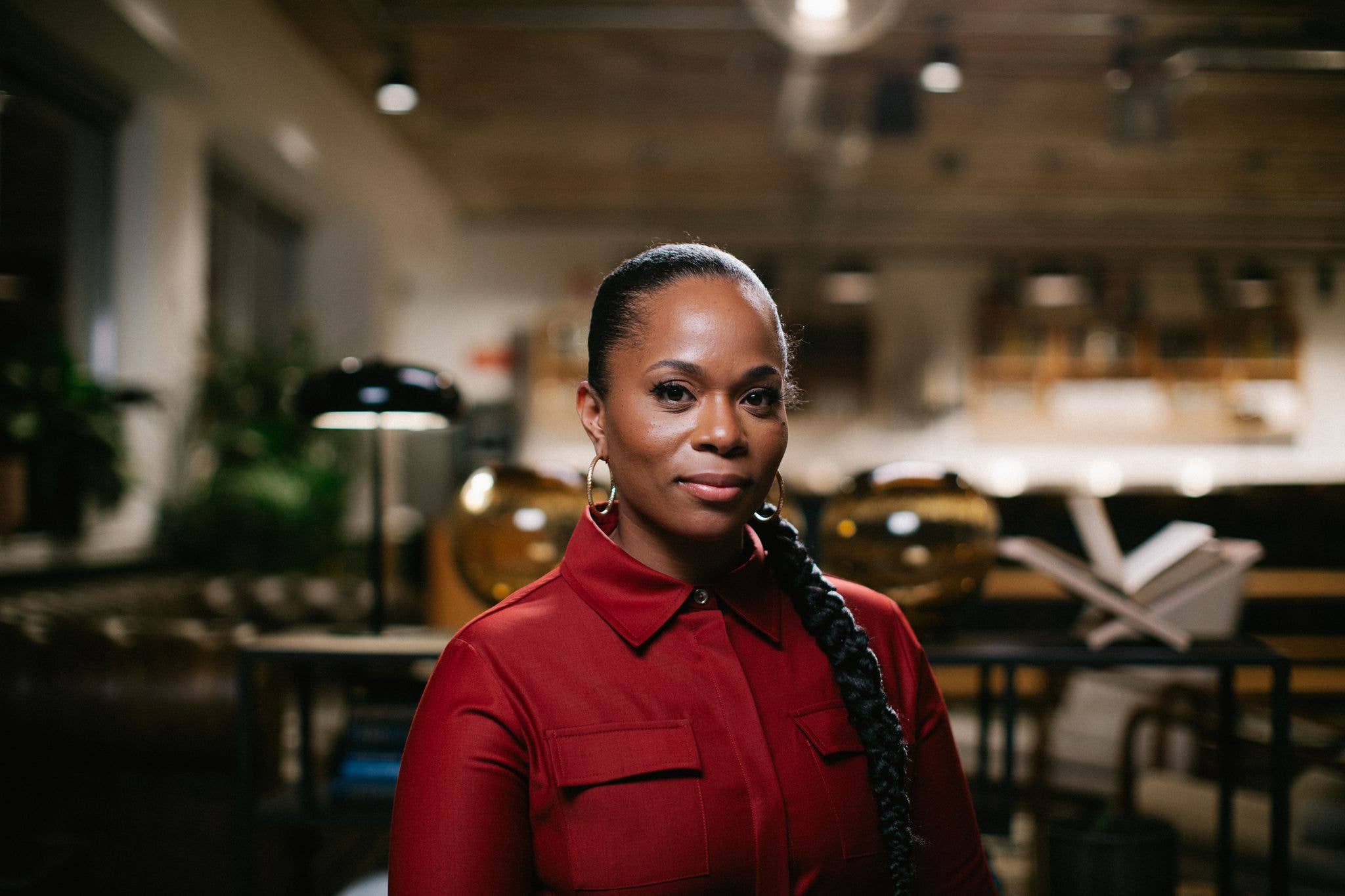
Earlier this year, music industry body Black Lives In Music—helmed by CEO Charisse Beaumont—surveyed 1,718 performers, creatives and industry professionals to document their experiences in the music industry and how things have changed (or not) since the murder of George Floyd and the infamous ‘Blackout Tuesday’. It should come as little surprise to those on the ground that the results are disappointing, to say the least.
The study found that 63% of Black music creators had been the target of direct or indirect racism, which ranged from the use of explicit racist language to receiving different treatment compared to their white counterparts. Meanwhile, 67% of those surveyed said that they had witnessed such behaviour. As for racial microaggressions, 71% of Black music creators said they had experienced it and 73% said they’d witnessed it.
Elsewhere in the survey, there were reports of “having to repeatedly ask other artists to stop using the N-word”, “jokes about skin colour, Africa and persistent questioning about where I really come from”, and Black artists being pigeonholed as R&B. Of the Black music professionals surveyed, i.e. those who work in the industry but aren’t necessarily musicians, the figures are even worse. 73% said they’d experienced direct or indirect racism, while 80% said they’d experienced microaggressions.
The survey also shone a light on disparities in pay between Black music industry professionals and creators and their white peers. Before the pandemic, Black music industry professionals earned on average £1,964 per month compared to £2,459 by their white counterparts. As for creators, on average Black music creators earned £1,155 per month compared to £,1454 per month for white creators.
In both respects, the disparity was even worse for women. According to the report, white women earned on average more than £450 per month more than Black women, and as creators Black women earned on average £1,026 compared to £1,282 for white women.
When it came to applying for funding in the music industry via bodies like the Arts Council or the PRS Foundation, 72% of white creators reported having at least one successful application, compared to just 52% of Black creators who could say the same. Again, the gulf was even wider for women where 74% of white women said they’d had at least one successful application compared to 46% of Black women who’d successfully applied.
Unsurprisingly, most Black music creators and 45% of industry professionals surveyed said their contributions to music weren’t recognised and some reported either applying for music industry jobs abroad or leaving the music industry altogether.
Many respondents reported serious effects on their mental health. 31% of Black music creators believed their mental wellbeing had worsened since their careers began. Again, this was worse for women; 42% of whom reported worsening mental health as well as a pressure to change their name, appearance or style of music.
As for Black music industry professionals, 29% of men said their mental health had worsened since the start of their career, compared to 39% of women.
Earlier this year, a BBC documentary called Do Black Lives Still Matter?, fronted by Saskilla, cited a report that found that although ethnic representation in companies had risen from 15.6% to 22.3% between 2016 and 2020, Black and Asian people made up 42% of entry-level jobs but just 21% of mid-level jobs.
“Everybody was promising Black people, we’re going to do this, we were going to do that too, but was it this talk? What change is actually happening for the next generation?” Saskilla said at the time. “Meaningful change hasn’t actually happened. What has happened is a lot of conversation in trying to change things.”

